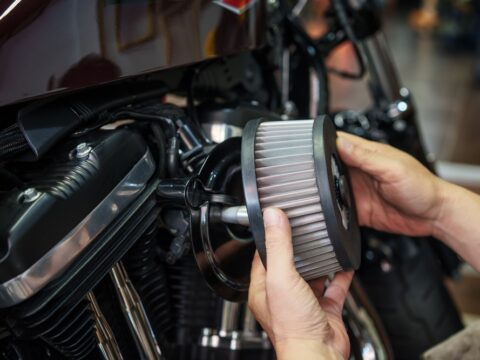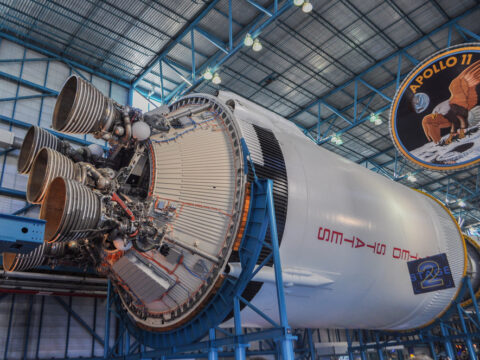Forgetting to keep up with routine maintenance on your car might seem harmless at first, but over time, it can lead to a host of problems that are both inconvenient and expensive. From worn-out brakes to engine troubles, neglecting your vehicle’s upkeep can turn small issues into big headaches. In this article, we’ll explore 15 common car troubles that often arise when routine maintenance is overlooked, helping you understand why staying on top of these tasks is essential for keeping your car running smoothly.
Contents
Worn-Out Brake Pads
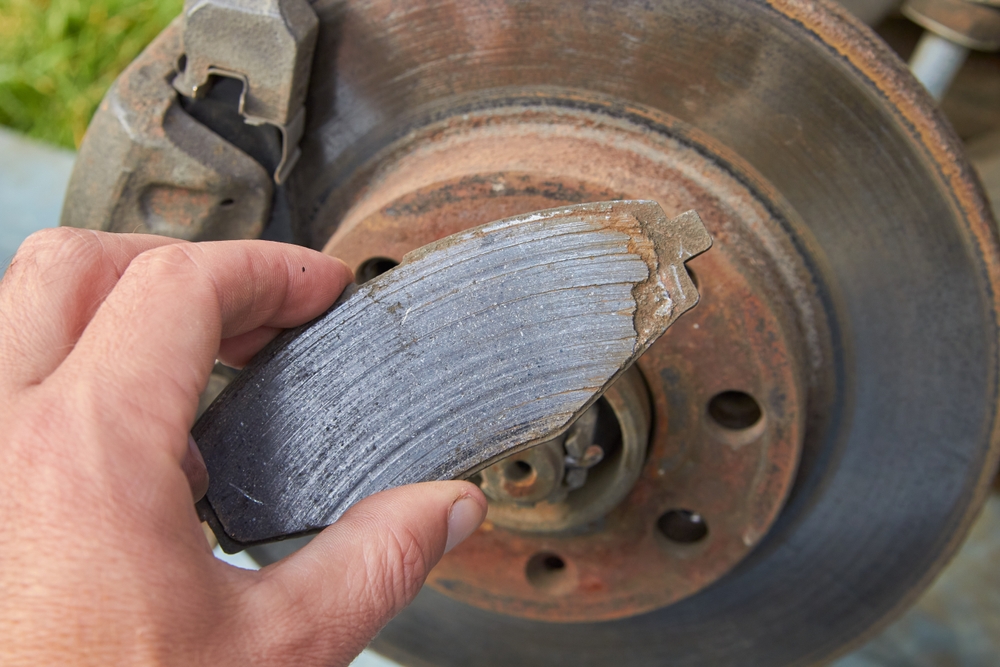
Over time, brake pads naturally wear down from the friction of stopping your vehicle. Neglecting regular checks can lead to them wearing out completely, reducing your braking efficiency and increasing stopping distances. This not only compromises safety but can also cause damage to the rotors, leading to more expensive repairs.
Engine Overheating
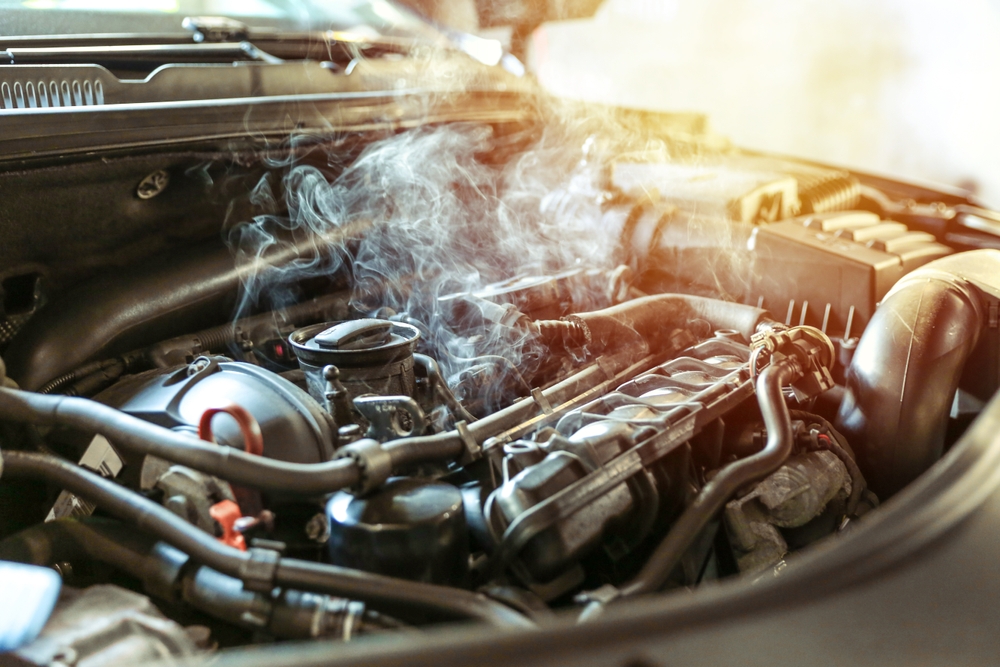
Routine maintenance ensures that your coolant levels are adequate and that your cooling system is functioning properly. Neglecting these checks can lead to an overheating engine, which can cause significant damage, including warped cylinders and blown head gaskets. Overheating is often the result of low coolant, a malfunctioning thermostat, or a failing radiator.
Dead Battery
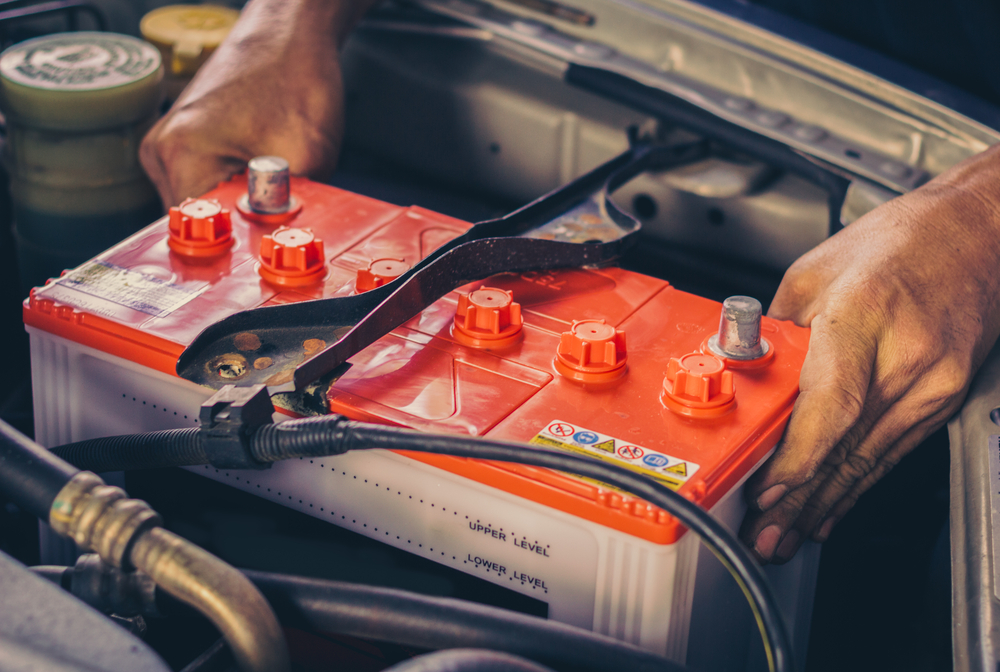
Car batteries have a limited lifespan, typically around 3-5 years. Regular maintenance includes checking the battery’s charge and connections. If ignored, you might find yourself with a dead battery, especially in extreme weather conditions, leaving you stranded and in need of a jumpstart or replacement.
Tire Blowouts
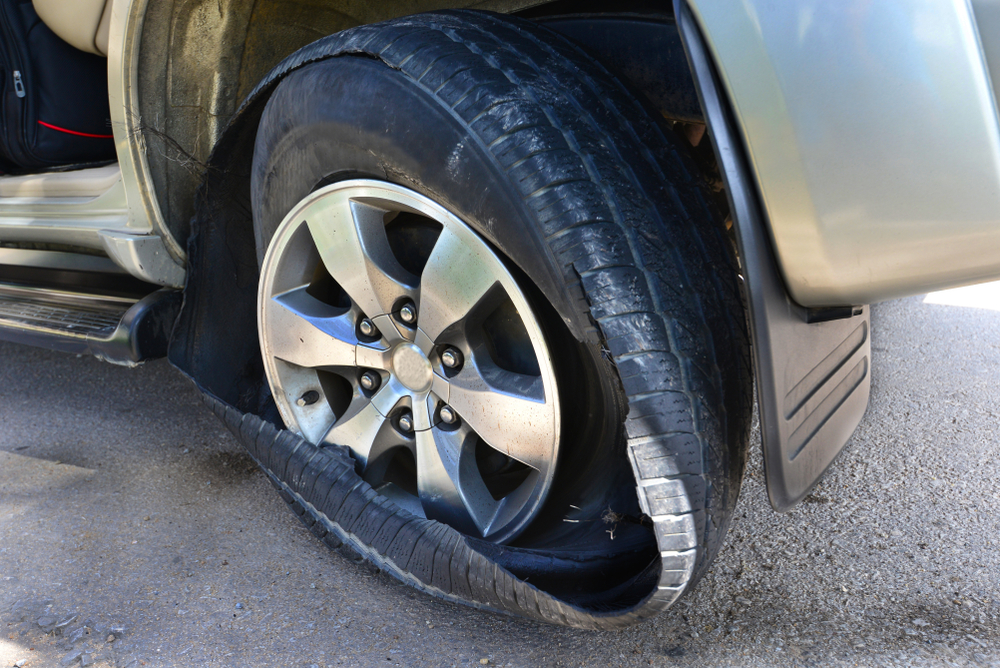
Tires need regular inspection for proper inflation, tread wear, and overall condition. Ignoring this can result in uneven wear or weak spots, leading to blowouts while driving. Tire blowouts are not only dangerous but can also cause damage to your vehicle’s suspension and alignment.
Poor Fuel Efficiency
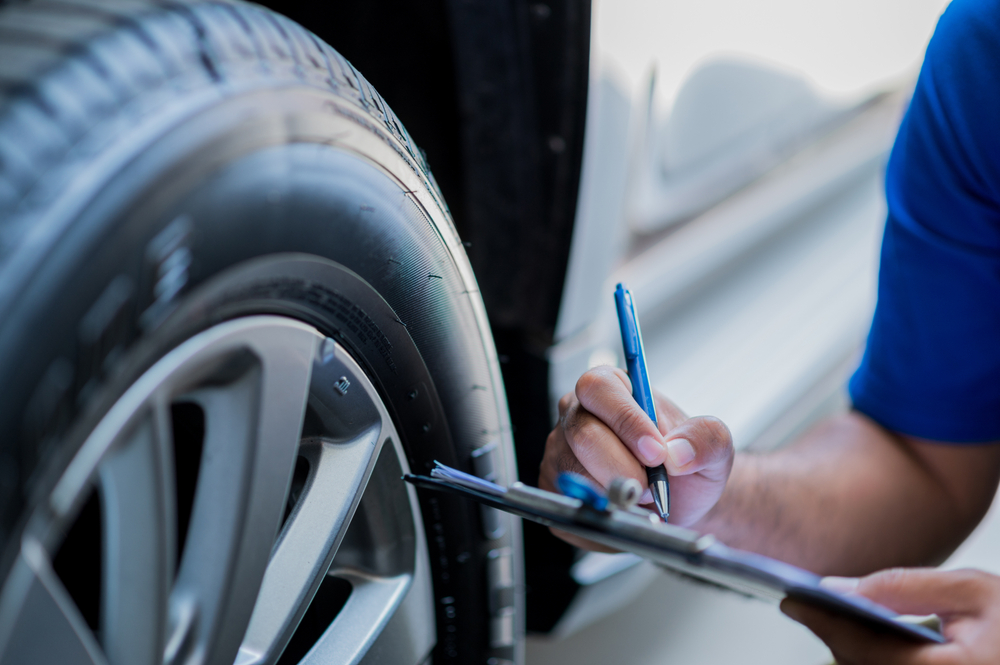
Routine maintenance, including changing the air filter, spark plugs, and maintaining proper tire pressure, helps your engine run efficiently. Neglecting these tasks can lead to poor fuel efficiency, meaning you’ll spend more on gas as your vehicle struggles to perform optimally.
Engine Misfires
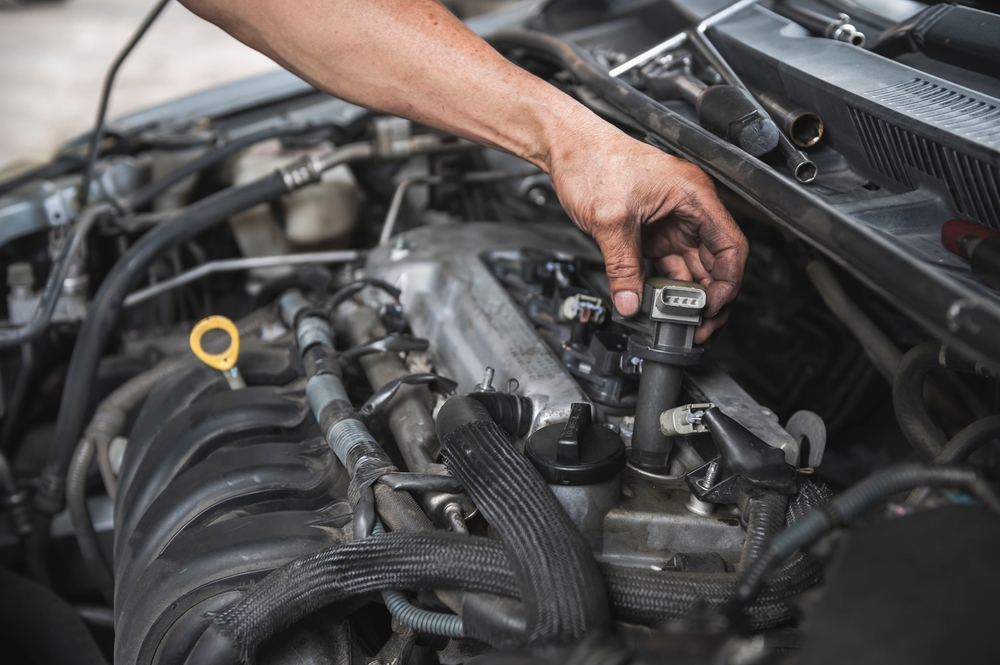
Engine misfires occur when one or more of your engine’s cylinders fail to fire properly, often due to worn-out spark plugs or clogged fuel injectors. Regular maintenance can prevent this issue, which otherwise leads to rough idling, reduced power, and potential damage to the catalytic converter.
Transmission Slipping
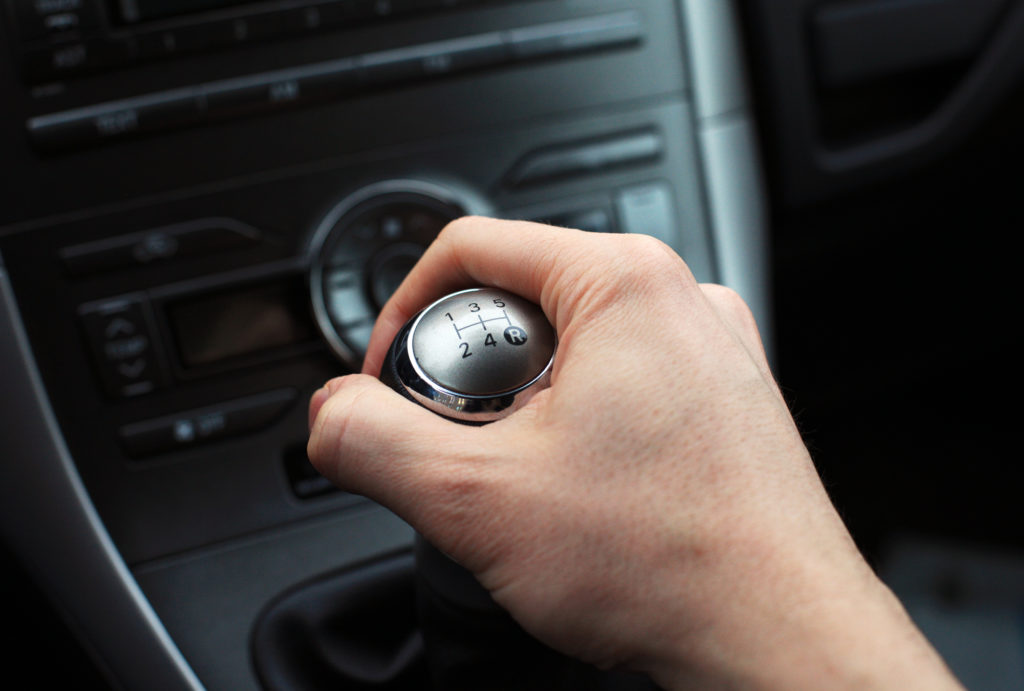
Your transmission requires regular fluid checks and changes to operate smoothly. If neglected, the fluid can degrade, leading to issues like slipping gears, hard shifts, or complete transmission failure. These problems are costly to repair and can be prevented with routine maintenance.
Rust and Corrosion
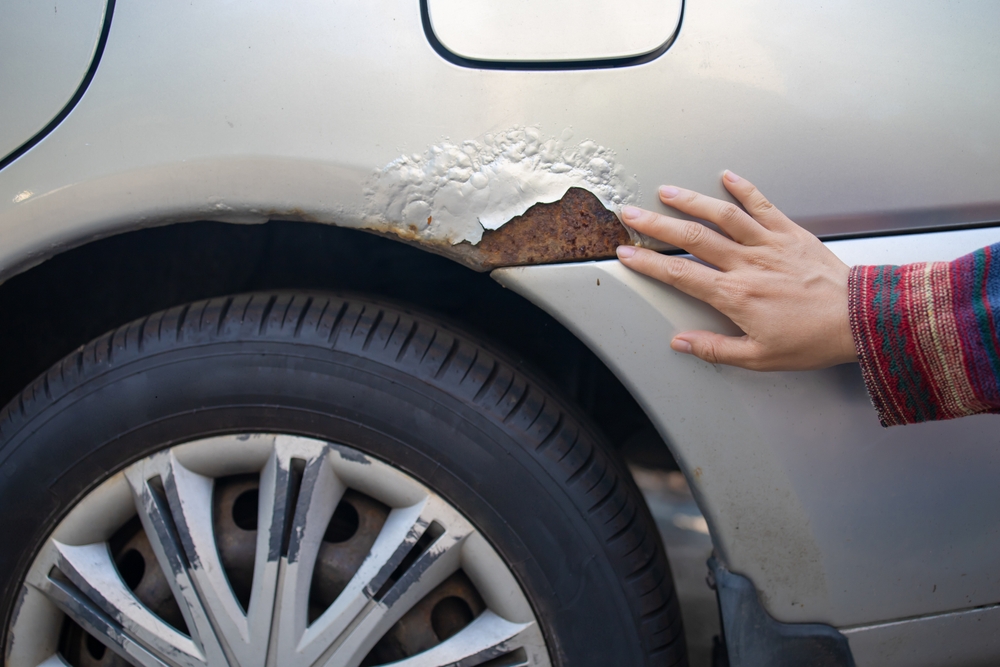
Regularly washing and waxing your vehicle, as well as addressing any chips or scratches, can prevent rust from forming. Neglecting this care, especially in areas with harsh winters or coastal environments, can lead to rust and corrosion, which weakens the vehicle’s structural integrity and aesthetics.
Dirty or Clogged Air Filter
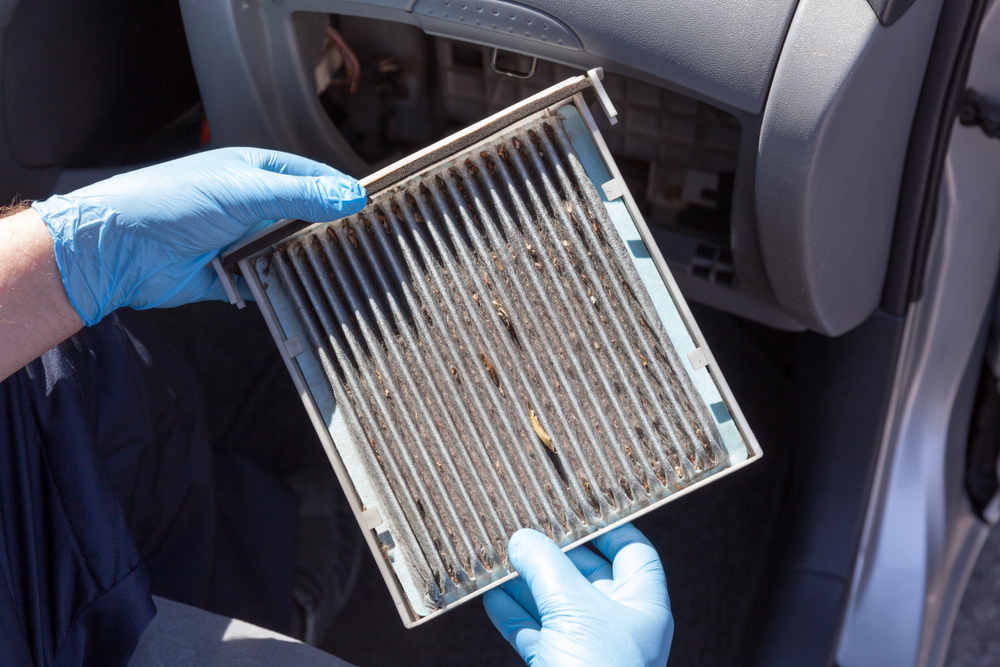
The air filter prevents dirt and debris from entering your engine. Over time, it can become clogged, reducing airflow and causing the engine to work harder, which decreases performance and fuel efficiency. Replacing it regularly ensures your engine breathes clean air and operates efficiently.
Worn Timing Belt
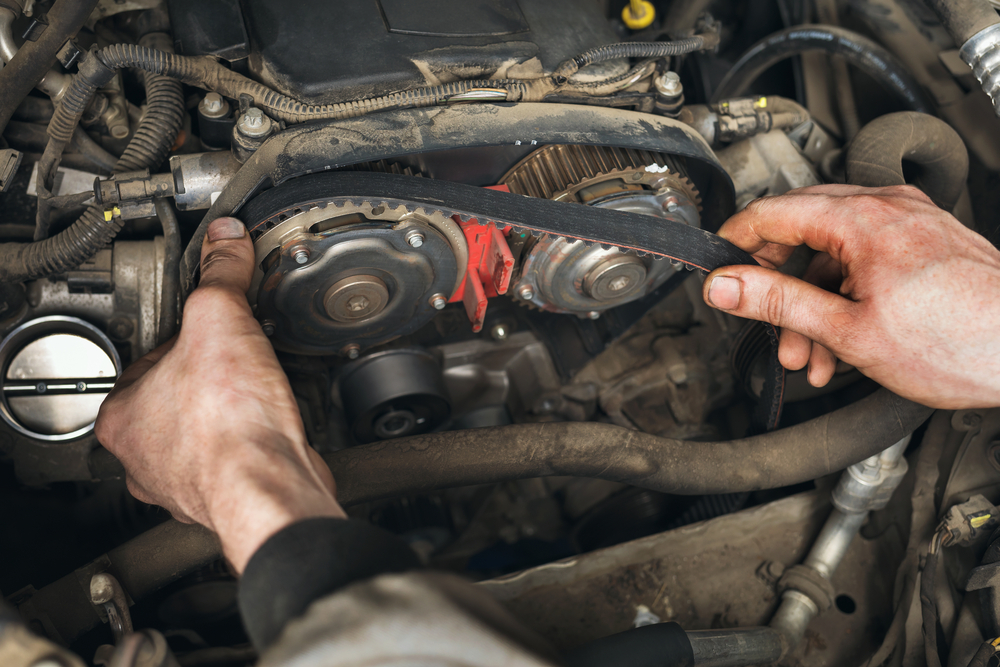
The timing belt is crucial for keeping your engine’s valves and pistons in sync. Over time, it can wear out or snap, leading to severe engine damage. Regularly scheduled replacement of the timing belt, typically every 60,000 to 100,000 miles, is essential to avoid catastrophic engine failure.
Faulty Spark Plugs
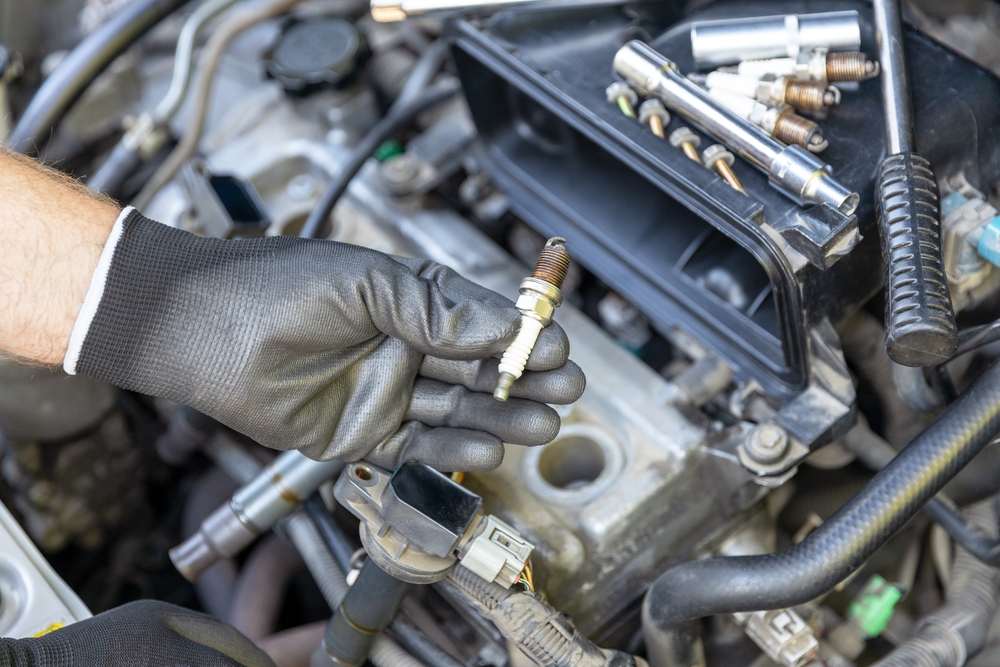
Spark plugs ignite the air-fuel mixture in your engine’s cylinders. Worn or faulty spark plugs can cause poor combustion, leading to reduced engine performance, misfires, and lower fuel efficiency. Regularly replacing spark plugs ensures your engine runs smoothly and efficiently.
Suspension Issues
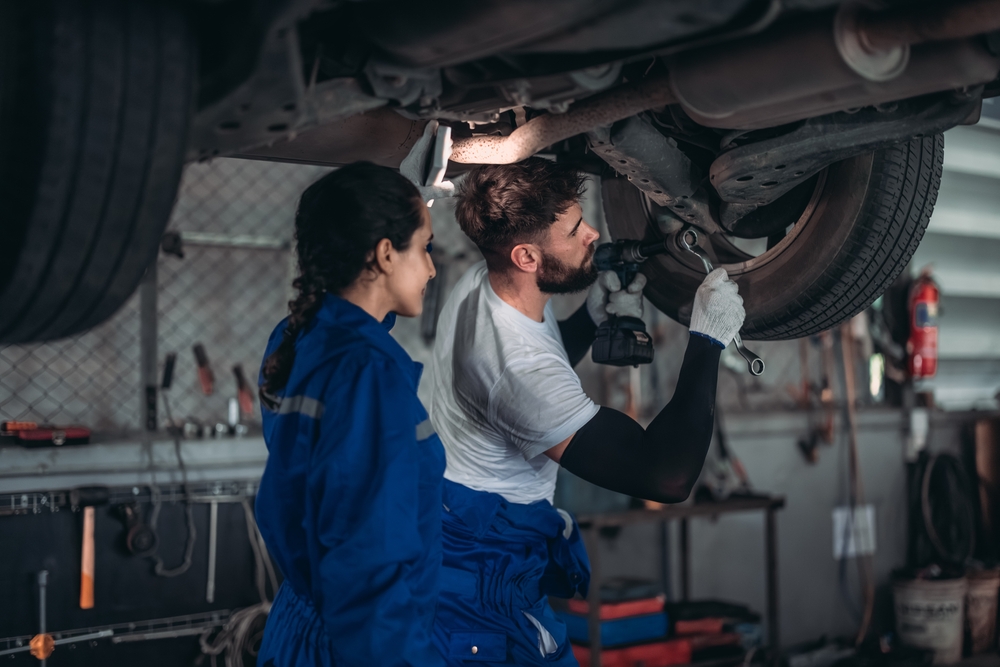
Your vehicle’s suspension system, including shocks, struts, and bushings, absorbs impacts from the road. Neglecting maintenance can lead to worn or damaged components, resulting in a rough ride, poor handling, and increased wear on other parts of the vehicle.
Leaky Radiator
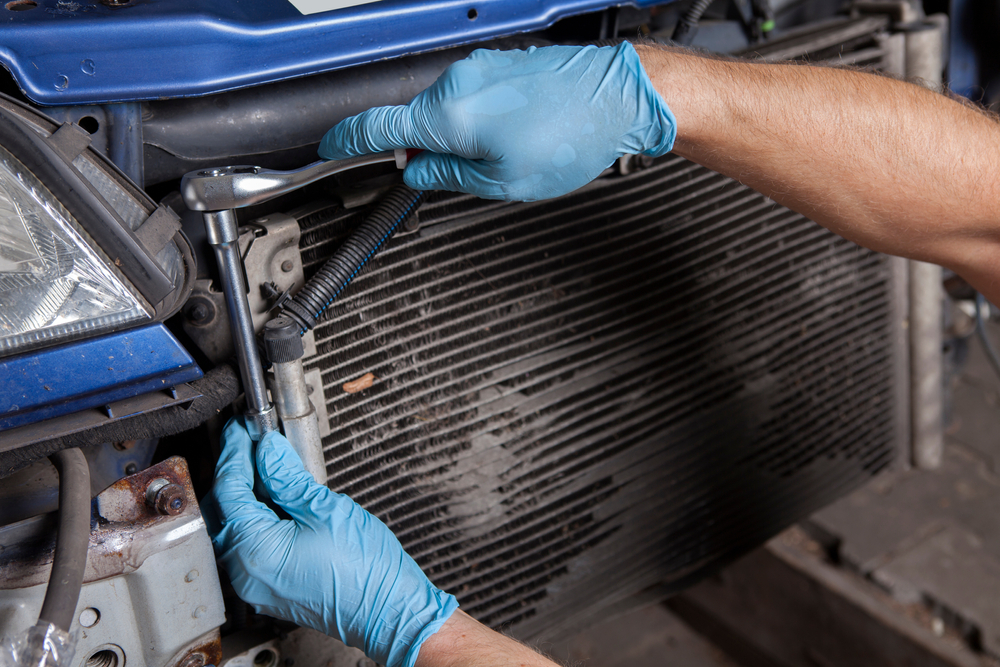
The radiator is responsible for cooling the engine by circulating coolant. If it’s not maintained properly, leaks can develop, leading to a loss of coolant and potential engine overheating. Regular inspections can catch these leaks early, preventing more severe issues.
Stuck or Squeaky Steering

Steering components, including the power steering fluid and linkages, require regular maintenance. If ignored, you might experience stiff or squeaky steering, which can be a sign of worn components or low fluid levels. Proper maintenance ensures smooth and responsive steering.
Exhaust System Leaks
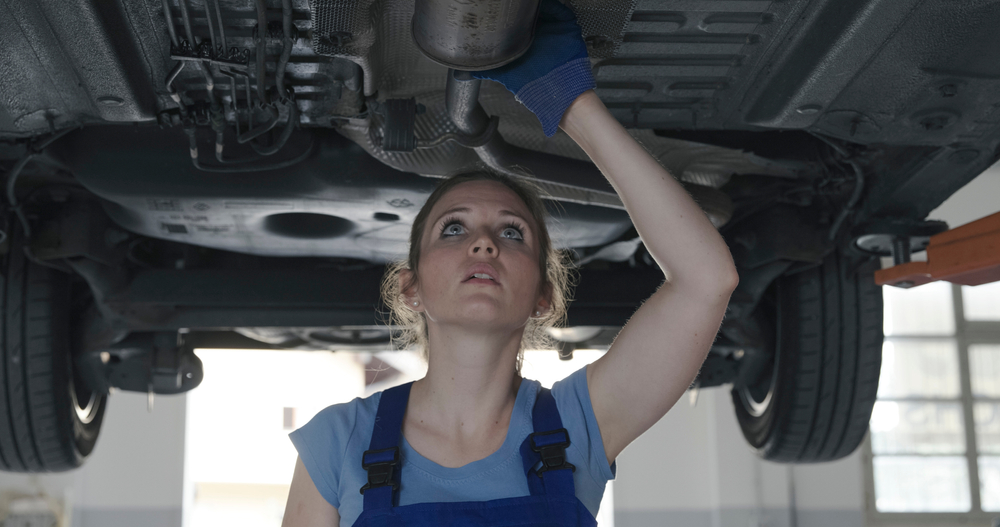
The exhaust system helps remove harmful gases from the engine. Regular inspections can catch any leaks or damage early. Neglecting this can lead to increased emissions, decreased fuel efficiency, and even exposure to harmful gases inside the vehicle.
This article originally appeared in MyCarMakesNoise.
More from MyCarMakesNoise
20 Rare Classic Motorcycles You’ll Never Encounter

Some rare classic motorcycles are so elusive that encountering them in person is nearly impossible. These bikes often had limited production runs, making them incredibly scarce. Read More
20 Mistakes That Reduce Fuel Efficiency in Cars

Several common mistakes can significantly reduce your car’s fuel efficiency. Driving aggressively with rapid acceleration and hard braking consumes more fuel. Read More
20 High-Performance European Sedans That Outshine Sports Cars

Think sports cars are the only vehicles capable of delivering jaw-dropping speed and performance? Think again. European automakers have been crafting sedans that not only offer luxury and comfort but also pack a serious punch under the hood. Read More

